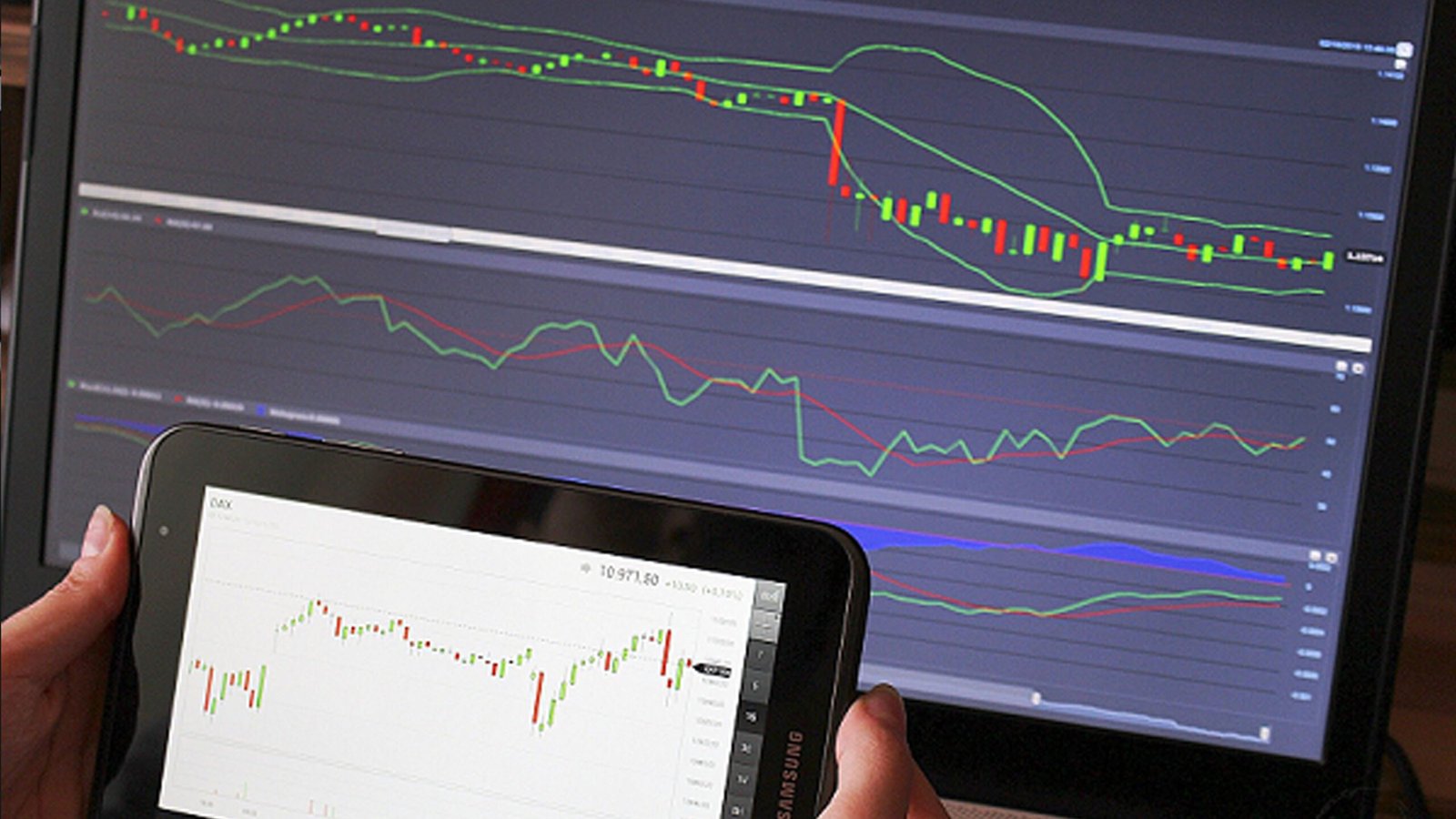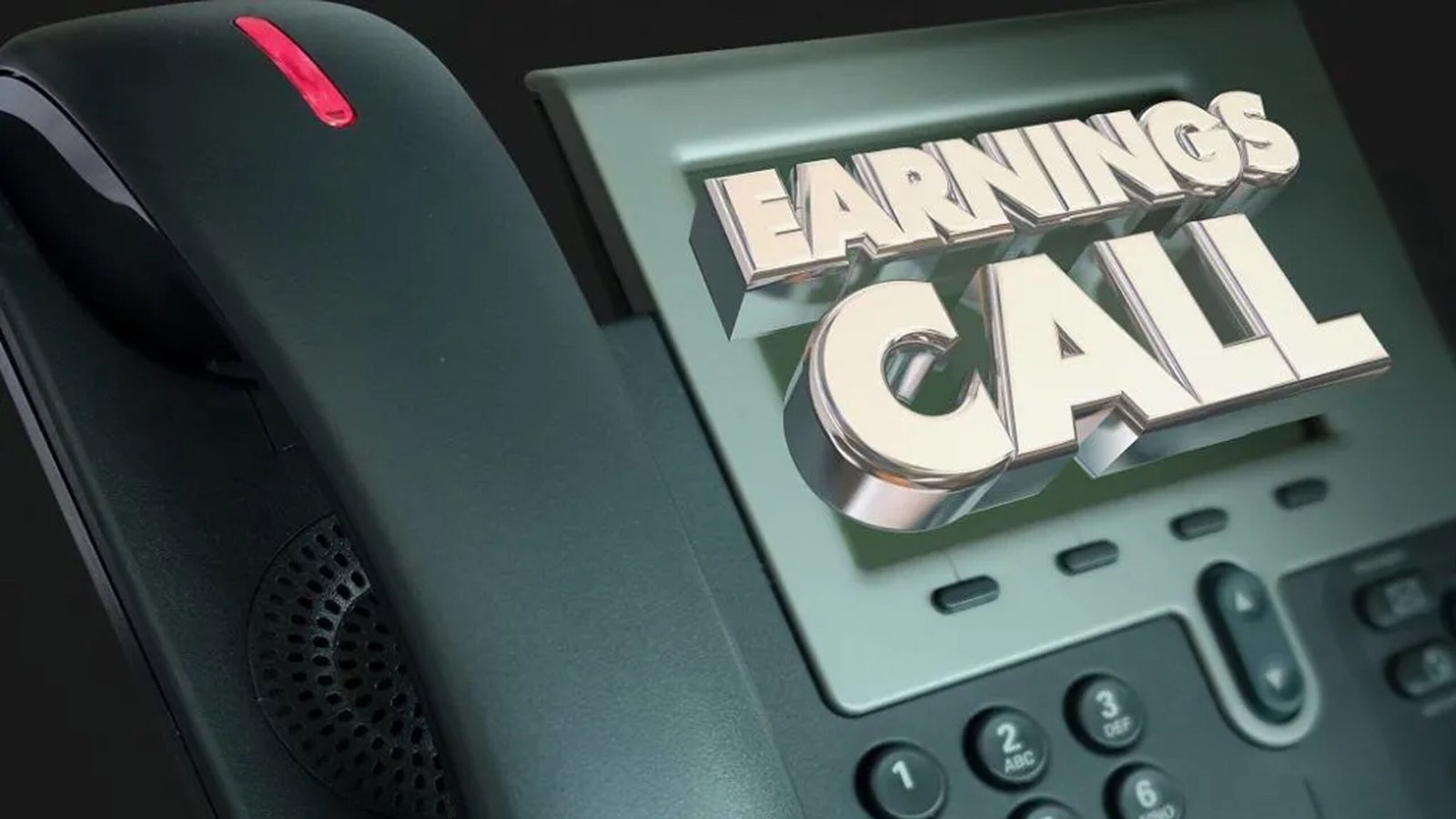A fill is an executed order. It is the action of completing or executing an order for a stock or commodity.
filling
What is a filling?
A fill is an executed order. It is the action of completing or executing an order for a stock or commodity. The execution of the order and the notification of executions is a fundamental acts in the transaction of shares, bonds or any other type of security.
KEY POINTS TO REMEMBER
A fill is the result of the execution of an order to buy or sell securities in the market.
A fill will show the prices, timestamps and volume of an order that has been sent to the market through a broker or automated trading system.
Partial fills are orders that have not been filled due to conditions placed on the order, such as a limit price.
How fills work
There are several different ways investors can attempt to fill an order to buy shares. The first and simplest approach is a market order. In this scenario, an investor asks a broker to buy or sell an investment immediately at the best current price available. This is usually a default option on an investor’s trading platform and is very likely to be executed. A market order is also sometimes referred to as an unlimited order and has low fees on average, due to the lack of requirements, logistics and effort needed to complete it.
Conversely, a limit order is an instruction to buy or sell a specified amount of a financial instrument at a specific price or better. A limit order may not be executed if the price set by the investor is not reached during the period the investor leaves the order open. Limit orders can be cancelled in this case. Limit orders ensure that an investor does not miss the opportunity to buy or sell if the stock reaches the desired target price. Buy limit orders set a limit on the price above which an investor will not pay, while sell limit orders set a target for the lowest price at which the investor will sell.
Other Considerations
Investor orders will be executed in different ways, depending on the type of order entered into a broker’s system. While most orders are filled automatically when the price is triggered or hit, sometimes certain algorithms may specify that an order is filled within a certain time frame and/or based on a stock’s trading volume.
If an order contains a clause or a condition such as a limit price, the order can only be partially executed. A partial fill, for example, would result in the execution of only 200 shares at a limit price of $53.00 when the full order is for 1,000 shares. This can happen if only a smaller number of shares are offered at that limit price while the order is still in effect. Time-limited and time-limited orders are subject to partial execution, while market orders are almost always filled in full.





